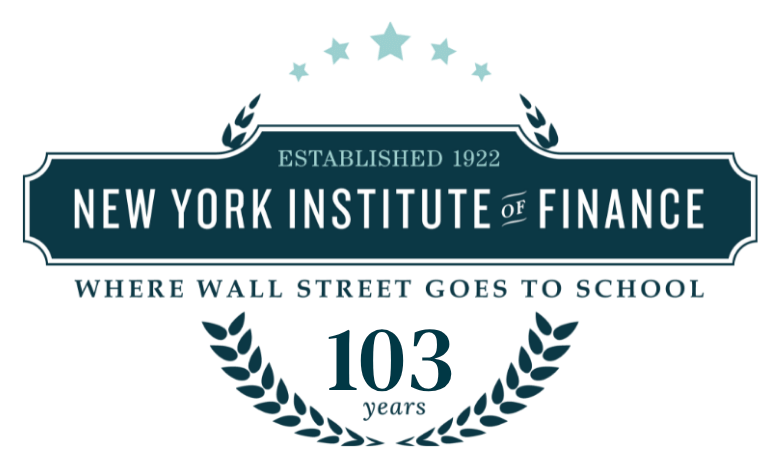Cash is not king when it comes to acquisitions
By Sarah Gordon. This article originally appeared on the Financial Times website, FT.com on September 14th, 2014
Although mergers and acquisitions have surged in 2014, European companies are rarely spending their cash on deals, a strategic choice which has serious risks attached, according to analysts.
“Although we have seen an upturn in the level of merger and acquisitions globally, in Europe M&A activity continues to lag behind,” says Ian Macmillan, head of M&A at Deloitte in London. “If European companies want to achieve double-digit growth, then they need to consider M&A activities as part of their growth strategy.”
Gareth Williams, corporate economist at Standard & Poor’s, suggests that European companies may be facing a lack of compelling targets for potential acquisitions.
“Some of it is an absence of interesting opportunities,” he says. “It’s an interesting question of whether the market is not offering value or secular stagnation.”
Mr Macmillan warns that a lack of dealmaking could result in European companies losing competitiveness against their more acquisitive US rivals.
North American companies have led the upsurge in M&A activity this year, with many deals being driven by the fact that they have large offshore cash holdings, which face substantial tax penalties if repatriated. Thirteen “tax inversion” deals worth $178bn have been announced since the start of 2013, according to Dealogic.
“With the US, M&A has been driven by tax inversion,” says Mr Williams. “The tack that European companies have been taking has been to invest heavily in emerging markets. But given that emerging markets have had a more difficult time in the last couple of years, that has put a damper on that source of growth.”
North American companies accounted for 43 per cent of M&A deal volumes in the second quarter of 2014, according to Deloitte, compared with 38 per cent in the first quarter of 2013. Their European rivals accounted for 37 per cent of M&A deal volumes in the second quarter of 2014, compared with 41 per cent in the first quarter of 2013. So far this year, US companies have spent $89bn on European companies.
About New York Institute of Finance
With a history dating back more than 90 years, the New York Institute of Finance is a global leader in training for the financial services and related industries with course topics covering investment banking, securities, retirement income planning, insurance, mutual funds, financial planning, finance and accounting, and lending. The New York Institute of Finance has a faculty of industry leaders and offers a range of program delivery options including self-study, online and in classroom.
For more information on the New York Institute of Finance, visit the homepage or view in-person and online finance courses below:
